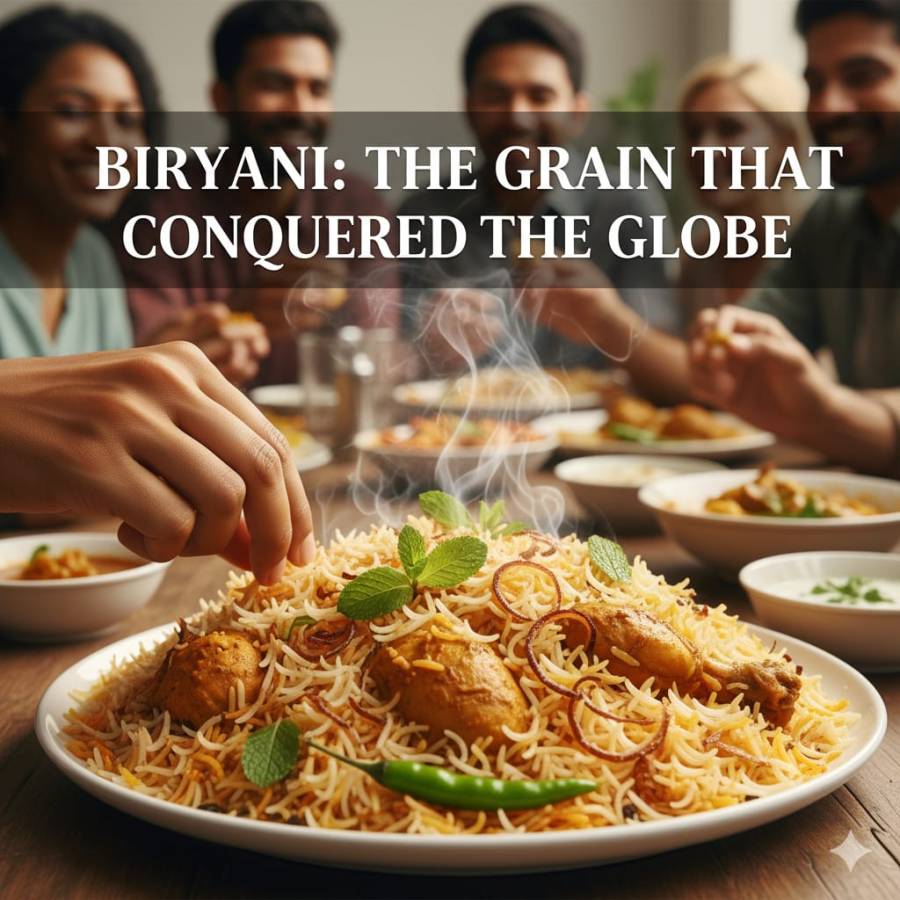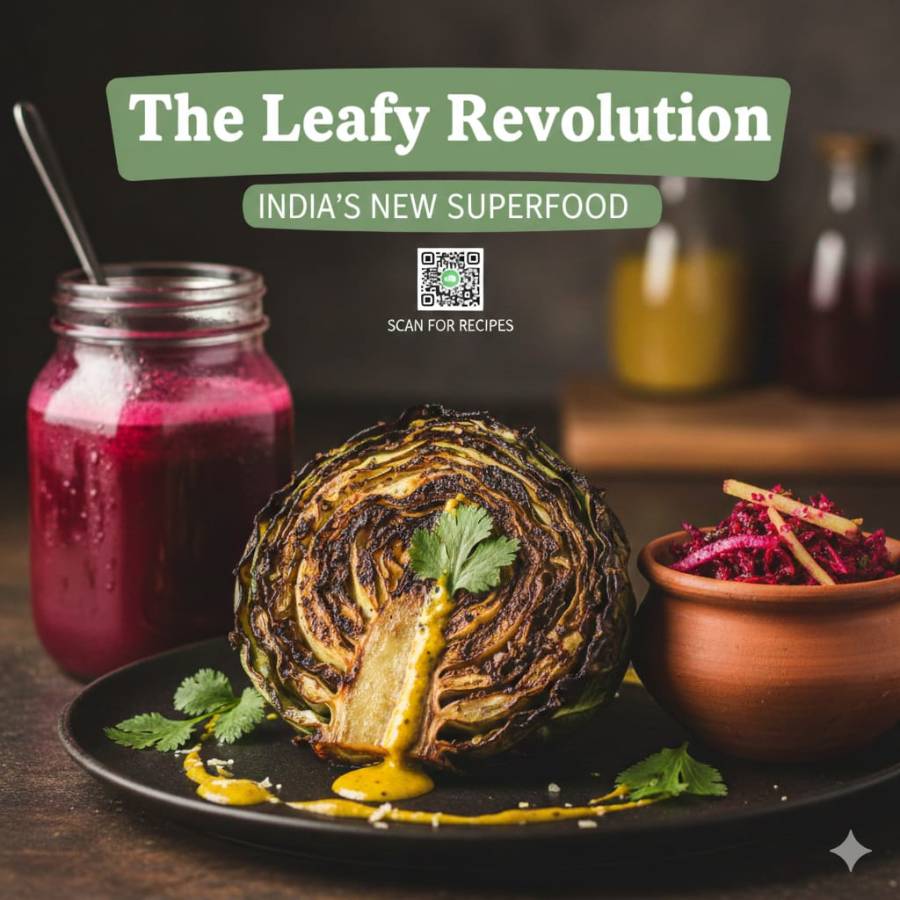
Mahadevi Verma, an iconic figure in Hindi literature, is often referred to as the 'Modern Mira' due to her deeply spiritual, devotional, and emotive poetic expressions. Like the 16th-century saint-poet Mirabai, Mahadevi Verma’s poetry resonates with themes of divine love, longing, and devotion, albeit in a more modern and intellectual framework. While Mirabai’s devotion was centered on Lord Krishna, Mahadevi’s poetry reflects an ethereal yearning for an undefined higher power, blending mysticism with the realities of human suffering and existential quest. This insightful article seeks to explore the philosophical, literary, and thematic similarities between the two poets, establishing Mahadevi Verma as the Mira of modern Hindi literature.
The Bhakti Tradition and Mirabai’s Influence
The Bhakti movement, which flourished in medieval India, emphasized personal devotion to a deity, often rejecting rigid religious orthodoxy and social hierarchies. Mirabai, a prominent Bhakti poet, dedicated her life to the worship of Krishna, composing devotional verses that expressed deep love, surrender, and spiritual ecstasy. Her poetry is characterized by intense emotion, personal longing, and a defiance of societal norms, particularly in rejecting material attachments and patriarchal constraints.
Mahadevi Verma, while not overtly engaged in direct Krishna bhakti, inherited the spirit of mystical devotion and transcendental longing that defined Mirabai’s poetry. Her verses are imbued with a similar emotional intensity, often portraying an unattainable divine presence that becomes the focal point of her existential exploration. In this sense, her works can be seen as a modern continuation of the Bhakti tradition, albeit in a more universal and philosophical manner.
Spiritual and Philosophical Themes in Mahadevi Verma’s Poetry
Mahadevi Verma’s poetry is deeply influenced by Chhayavaad, a romanticism-driven movement in Hindi literature that emphasized personal expression, nature, and inner emotions. However, what sets her apart is the profound sense of spiritual yearning and the presence of a divine, yet elusive, entity in her poetry. Just as Mirabai’s verses sought the embrace of Krishna, Mahadevi’s poetry seeks the presence of an eternal, unseen force.
Her poetry is filled with metaphors of pain, solitude, and divine separation. Much like Mirabai, who saw suffering as an integral part of her devotion, Mahadevi too embraces suffering as a pathway to enlightenment and self-realization. In her poem “Madhur Madhur Mere Deepak Jal,” she speaks of an eternal light that must continue to burn despite adversities—symbolizing the perseverance of spiritual devotion amidst worldly tribulations.
Emotional Intensity and Personal Suffering
Both Mirabai and Mahadevi Verma use suffering as a motif in their poetry. Mirabai’s poetry often reflects her physical and emotional trials as she abandoned worldly comforts to devote herself to Krishna. Mahadevi, while not suffering in the literal sense, uses pain as a metaphor for the soul’s longing for transcendence. Her poetry frequently employs the imagery of tears, darkness, and an unattainable presence, evoking a deep sense of melancholy similar to Mirabai’s verses of longing.
For instance, in her poem “Neelkanth,” Mahadevi speaks of the burden of pain that a seeker must bear, much like Lord Shiva who swallowed poison. This imagery aligns closely with Mirabai’s belief that suffering is an essential aspect of divine love and spiritual elevation.
Feminism and Rejection of Societal Norms
Mirabai’s defiance of societal expectations is legendary—she refused to conform to patriarchal norms, rejected her royal status, and dedicated herself entirely to Krishna. Mahadevi Verma, in a similar vein, emerged as a strong feminist voice in modern Hindi literature. Though she did not engage in direct acts of rebellion like Mirabai, her writings critique the limitations imposed on women by society and advocate for intellectual and spiritual emancipation.
In her prose work Shrinkhala Ki Kadiyan (The Chains of Bondage), Mahadevi Verma critiques the status of women in Indian society and argues for their right to education, self-expression, and independence. Just as Mirabai's devotion to Krishna was an act of personal freedom against patriarchal oppression, Mahadevi’s writings serve as a literary rebellion against the constraints imposed on women.
Aesthetic and Linguistic Parallels
Both poets employ a lyrical, musical quality in their compositions, making their poetry highly evocative. Mirabai’s poetry, written in Braj and Rajasthani dialects, is rich in folk imagery and musicality, making it accessible to the masses. Mahadevi Verma, while writing in refined Hindi, maintains a similarly melodious and fluid style. Her poetry is replete with metaphors drawn from nature, evoking an ethereal quality reminiscent of Meera’s songs.
The use of personal pronouns and direct addresses in their poetry creates an intimate connection between the poet and the divine, making the reader a witness to their spiritual dialogues. Both poets transcend mere literary expression, transforming their verses into a medium for spiritual and existential inquiry.
Legacy and Influence
Mirabai’s poetry remains timeless, continuing to inspire devotees, musicians, and scholars. Her verses are sung in bhajans across India, keeping her devotional spirit alive. Mahadevi Verma, as the Modern Meera, has similarly left an indelible mark on Hindi literature. Her contributions to poetry, women’s empowerment, and literary aesthetics have cemented her status as one of the greatest Hindi poets of the 20th century.
Her influence extends beyond poetry into education and social activism. As the principal of Prayag Mahila Vidyapeeth, she worked to uplift women through education, mirroring Meera’s defiance of societal expectations by fostering intellectual and creative freedom for women.
Conclusion
Mahadevi Verma’s literary and philosophical ethos align closely with the spirit of Mirabai, justifying her title as the ‘Modern Meera’ of Hindi literature. While Mirabai’s devotion was explicitly directed toward Krishna, Mahadevi’s poetry embodies a broader spiritual longing, seeking an undefined yet omnipresent divine force. Both poets use suffering, love, and transcendence as central themes, challenging societal norms and offering a deeply introspective exploration of the human soul’s quest for higher truth.
Thus, Mahadevi Verma’s works are not merely poetic compositions but serve as a bridge between medieval Bhakti mysticism and modern existential introspection. Her poetry, much like Mirabai’s, continues to inspire readers, affirming her place as one of the most profound and spiritually resonant voices in Hindi literature.





















